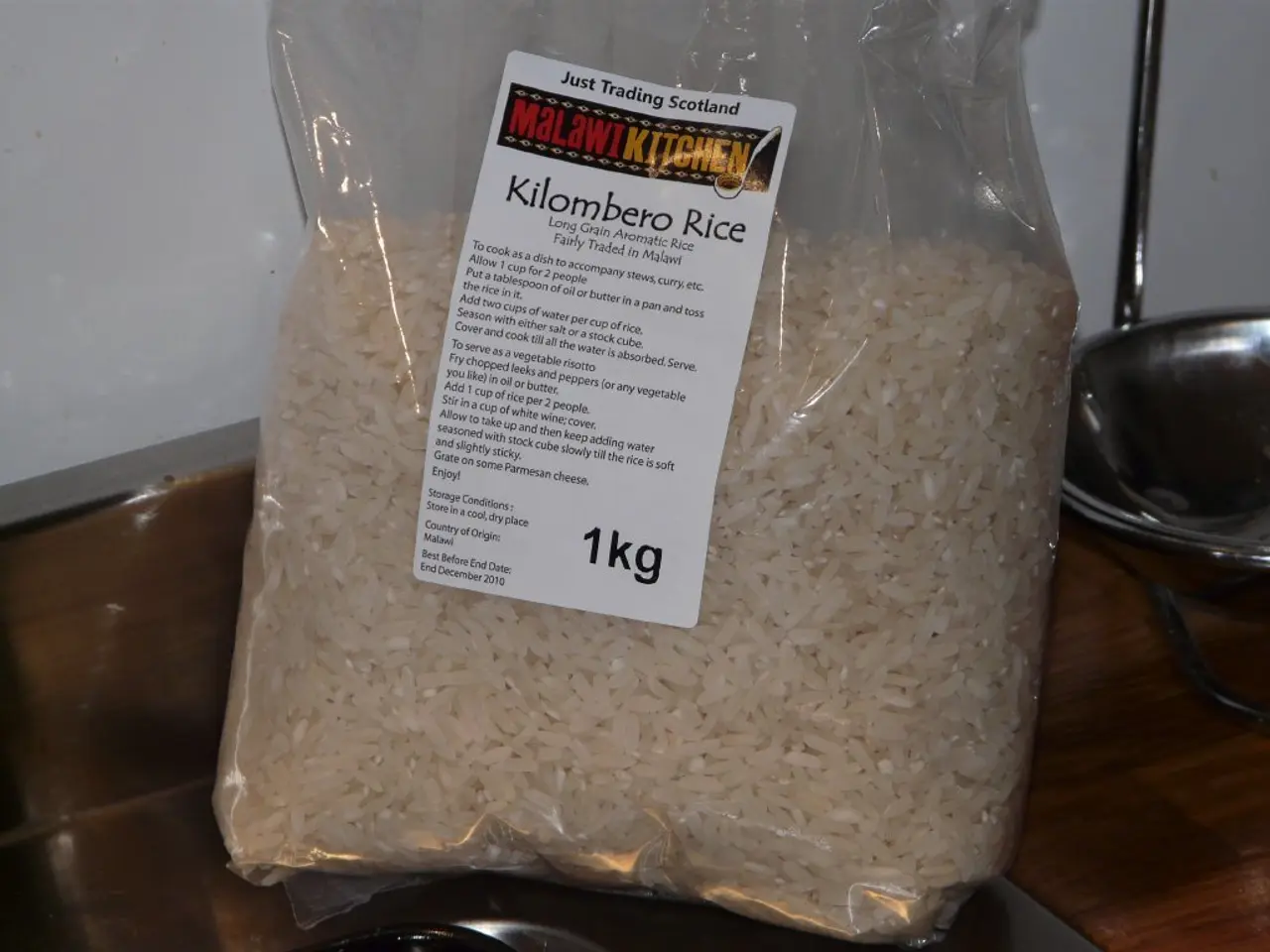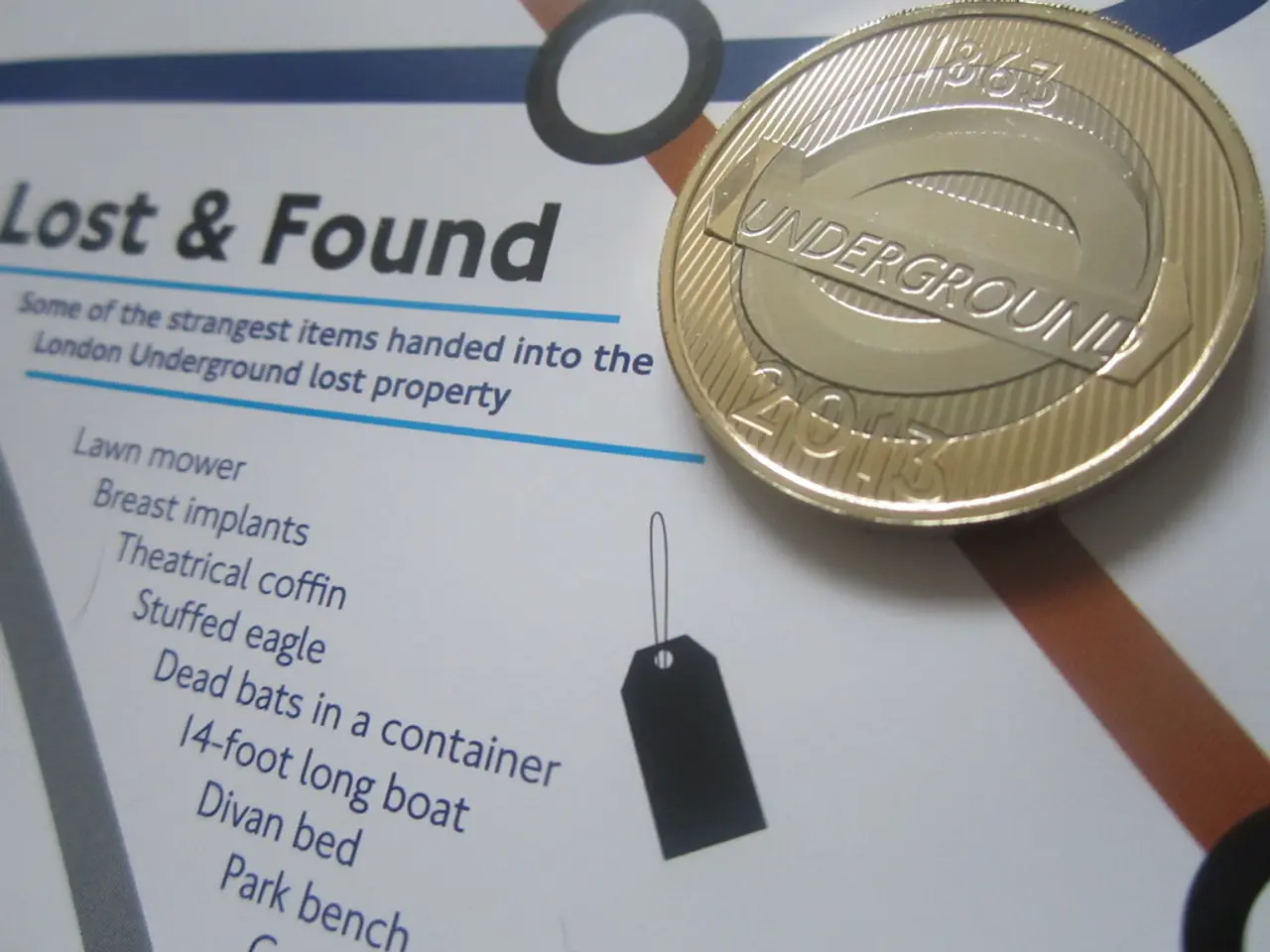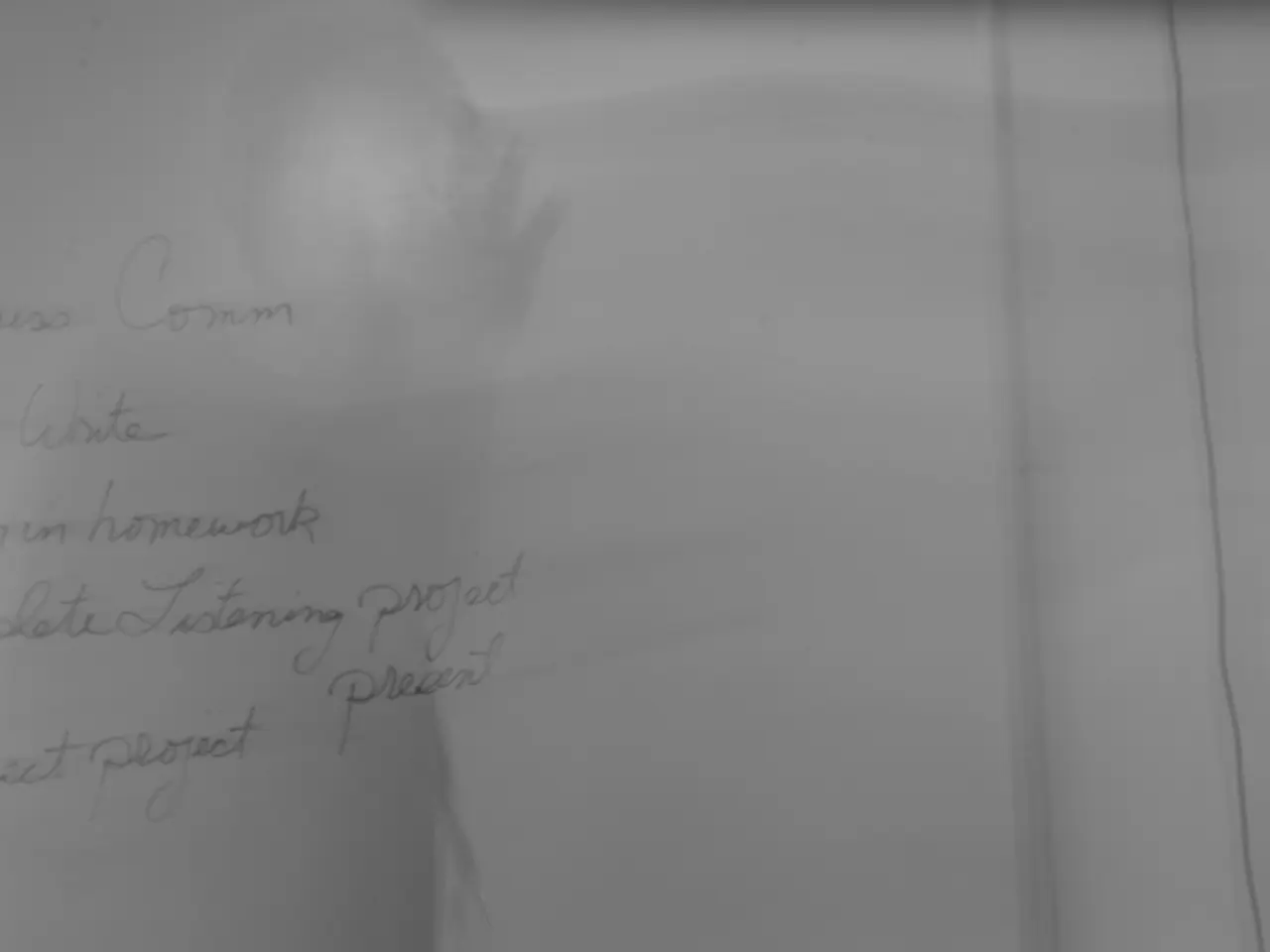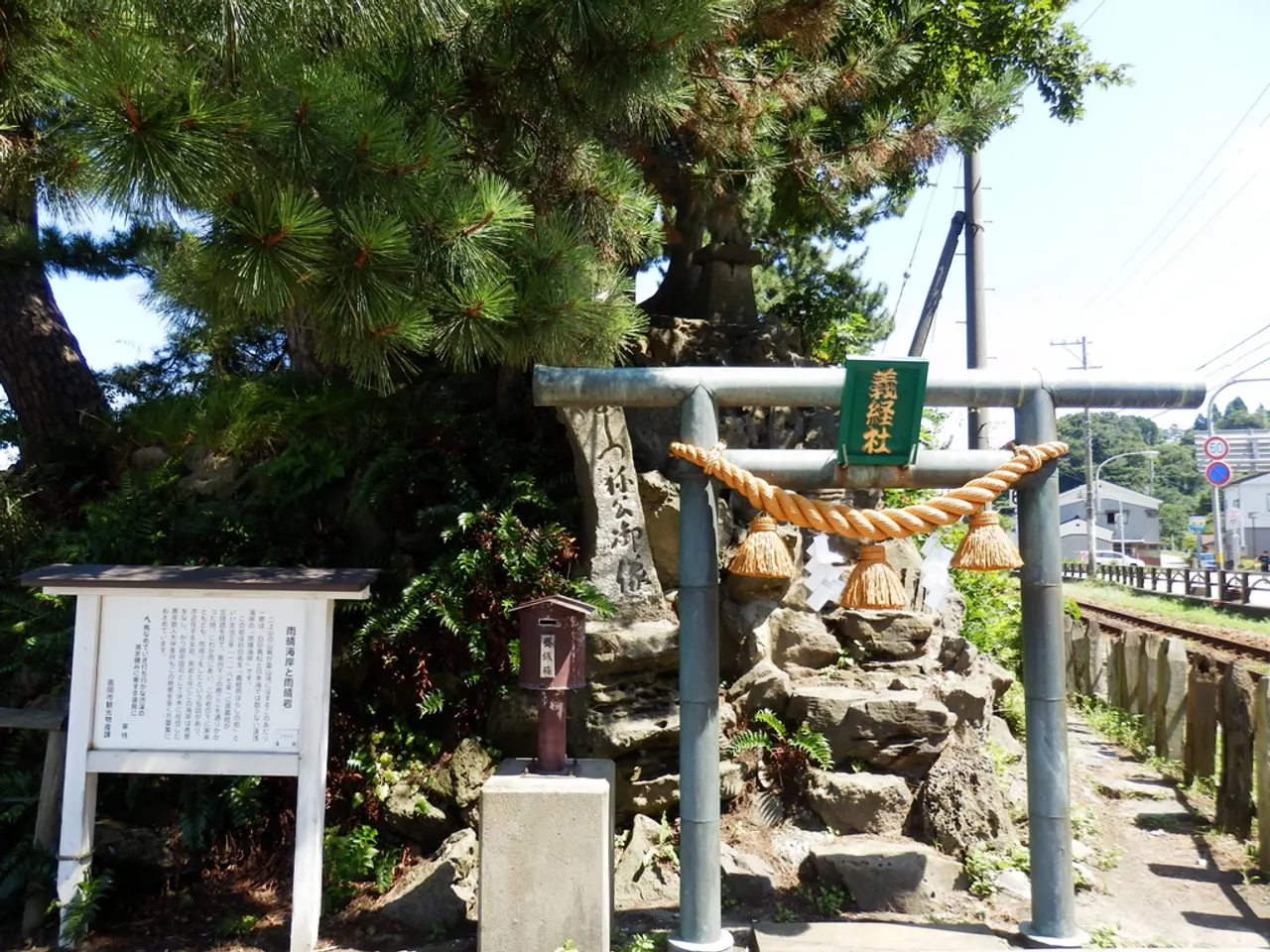Japan resists yielding concessions in negotiations, asserts Prime Minister
In a bid to avert US President Donald Trump's threat of imposing tariffs of up to 35 percent on Japanese goods, ongoing trade negotiations between the two nations remain stalled, particularly around automobile tariffs[1][3]. The US administration has extended the deadline for imposing new tariffs from July 9 to August 1, signaling an attempt to keep negotiations open despite unresolved issues[1][4].
Japan, a major investor in the US economy and a key strategic partner, insists that any deal must fully eliminate US auto tariffs, which remain a major sticking point in the negotiations[1][3]. The Japanese government, actively engaged as recently as early July 2025[2][3], has taken a firm stance, with Prime Minister Shigeru Ishiba reiterating Japan's unique status as the largest investor nation in the US economy during a television show on Thursday[5].
Ishiba emphasized that Japan and the US are allies but that tough negotiations are necessary due to Japan's significant role in the US economy[6]. He also mentioned that Japan is preparing to deal with various situations, without specifying what those might be[6].
The US imposed a 10 percent tariff on imports from most trading partners in April, and Trump has threatened to impose a 25 percent tariff on Japanese imports starting August 1 if an agreement is not reached, evidencing rising tensions even as talks continue[4]. However, Trump has stated that he will write a letter to Japan, asking it to pay a certain percentage (30 percent or more) to avoid tariffs[7].
The negotiations are reportedly deadlocked due to Japan's resistance to tariff increases that could harm its automotive exports[1][3]. The telephone calls between Ryosei Akazawa, Tokyo's trade envoy, and US Secretary of Commerce Howard Lutnick on Thursday and Saturday are likely discussions regarding the ongoing trade negotiations between Japan and the US[8].
If countries fail to reach agreements with Washington, the elevated rates will kick in for Japan, adding to the high stakes involved in these negotiations[1][3][4]. Despite the challenges, both parties continue to engage in dialogue, aiming to reach a mutually beneficial agreement.
Sources: [1] Nikkei Asia, (2025). Japan and U.S. trade talks face deadlock over auto tariffs. Retrieved from https://asia.nikkei.com/Business/Trade-deals/Japan-U.S.-trade-talks-face-deadlock-over-auto-tariffs [2] Reuters, (2025). Japan, U.S. trade talks remain deadlocked over auto tariffs. Retrieved from https://www.reuters.com/world/asia-pacific/japan-us-trade-talks-remain-deadlocked-over-auto-tariffs-2025-07-01/ [3] The Guardian, (2025). Japan faces US tariffs on August 1 if no trade deal is reached. Retrieved from https://www.theguardian.com/business/2025/jul/30/japan-faces-us-tariffs-on-august-1-if-no-trade-deal-is-reached [4] BBC News, (2025). US threatens to impose tariffs on Japan over trade deal. Retrieved from https://www.bbc.co.uk/news/business-57387861 [5] Kyodo News, (2025). Ishiba emphasizes Japan's role as largest investor in U.S. during TV show. Retrieved from https://english.kyodonews.net/news/2025/07/57768a64dde2-ishiba-emphasizes-japans-role-as-largest-investor-in-us-during-tv-show.html [6] Bloomberg, (2025). Ishiba Says Japan Will Not Easily Compromise in Talks with Washington. Retrieved from https://www.bloombergquint.com/onweb/ishiba-says-japan-will-not-easily-compromise-in-talks-with-washington [7] The Japan Times, (2025). Trump says he will write a letter to Japan asking for 30 percent or more to avoid tariffs. Retrieved from https://www.japantimes.co.jp/news/2025/07/30/national/politics-diplomacy/trump-says-write-letter-japan-asking-30-percent-avoid-tariffs/ [8] Financial Times, (2025). Akazawa, Tokyo's trade envoy, holds talks with Lutnick. Retrieved from https://www.ft.com/content/3a4a62f2-877d-4a7e-a27b-f7388e7710a7
The ongoing trade negotiations between Japan and the United States have remained stalled, particularly over automobile tariffs, due to Japan's resistance to potential tariff increases that could affect its automotive industry significantly [1][3]. As Japan insists on full elimination of US auto tariffs, the negotiations carry high stakes for both nations, given Japan's status as a major investor in the US economy [1][3].




